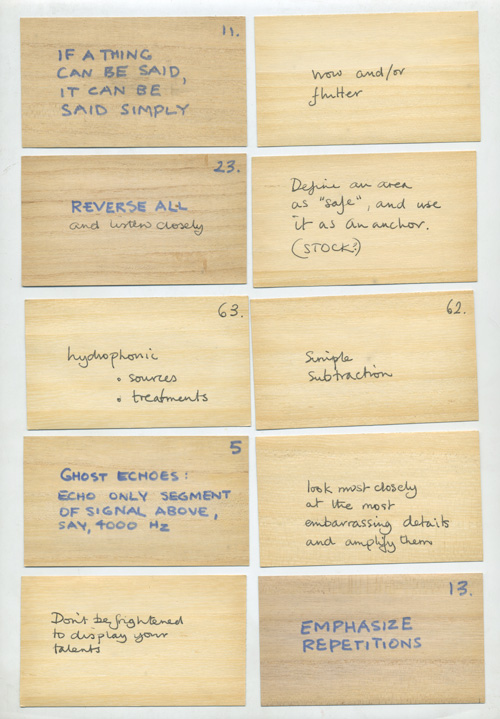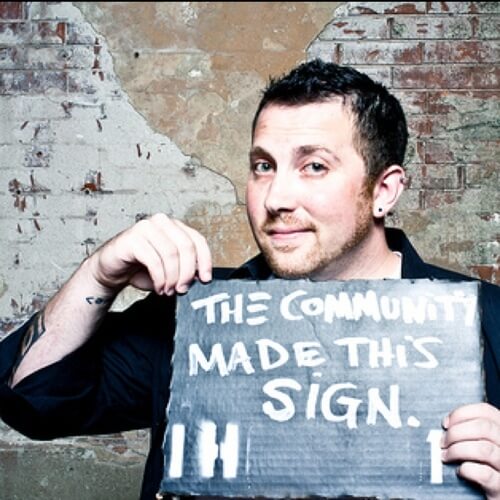I’m sooooooo sick and tired of industry-speke. There is a growing lot of people – and I include myself in this pool of guilt – who love to talk about coworking, communities, and our collaborative cultures.
“Woooo! Look at us and how awesome we are at community!” Do you know who we don’t hear from enough? The almost-always silent majority, the people on the inside. The members of our communities and organizations.
I want to hear more about communities from the point of view from their members. And New Worker Magazine launched today, taking a tiny but important step in the right direction for the world of coworking.
Today, I want to take a closer look at the problem that New Worker helps solve, and how it applies to all kinds of communities.
1 Million Coworkers Globally by 2018. So what?
At GCUC this year, one of my favorite researchers shared a staggering statistic. Steve King and his annual research profile shows that the global population of people who are coworking is currently at about 300k. His data has us on track to have 1MM total people coworking within 4 years.
And yet, the question that nobody seems to be asking is, “What do those MILLION people care about, today?”
Realtalk: your members matter more than than you do
Their most personal stories. Their most emotional moments. Their revealing honesty.
When your members share these things about themselves, they invite others to connect with them. If you’re not listening to those invitations, you’re missing out on the community gold that’s happening right under your nose.
For us, that includes:
- Members sharing stories about what their community means to them, and explaining how it works in their own words.
- A photo-essay about a community simultaneously saving their relationship and sparking a renewed passion for creativity.
- Not one, but two video recaps of one of our most collaborative art shows to date.
- And most recently, in New Worker Magazine, a story about a community turning a foreign city into a place to call home while providing the confidence to try something new.
Don’t let the high quality production value of each of these pieces fool you: Indy Hall – the business/organization – didn’t produce any of them.
I didn’t even ask any of these members to write or film them, nor did I suggest what they should be about. These stories and the way they’re told are 100% from the heads and hearts of Indy Hall community members, and each by their own volition.
Do you see everything through community-colored glasses?
You’re addicted to meeting people, obsessed with collaboration, and passionate about sharing. Community makes your world go ’round. Right?
Meanwhile, you’re morale is wearing thin from hearing things like: “Coworking? Why do I need that? Meet ups sound like a waste of time! But what if somebody steals my idea or my client?” It’s frustrating when other people don’t understand you. Right?
More hard truths, incoming! People like you (and I) are in the vast minority. Most people are too occupied with their life and solving their own problems to give a damn about your promises of “community”.
Worst of all, when you focus on community as part of your job, you risk picking up a gnarly habit of putting yourself outside of the community. The community is something that you operate on, something you manage, or organize, or cultivate.
But the truth is that “community” doesn’t actually mean anything until you see it from the inside.
Try seeing things through member-colored glasses instead
Legally, I’m the co-founder and co-owner of Independents Hall LLC, a business in Old City Philadelphia.
When people introduce me as the owner, I go out of my way to remind them, “That only really matters when something breaks.”
On the other hand, I love being a part of Indy Hall, as a member. I have some additional responsibilities beyond most members.
But when it comes down to decisions and communication, which are two of the biggest parts of my job, one of my go-to questions is “As a community member, how would this affect me?”
Oblique Strategies for Community
A few years ago, I was inspired by musician Brian Eno’s “Oblique Strategies” for lateral thinking.
Eno created a deck of cards for helping break creative block. Each card in the deck had a phrase or question that pushed you to change your point of view. Draw a random card, and do what it tells you to do.
While some cards were specific to music, many were more general, as you can see below:
If you want to try out a modern version of the Oblique Strategies deck, check out this web version. I use it a lot!
Without a tool like the Oblique Strategies Deck, it’s difficult to create the literal separation necessary to think like a member of a community that you’re also responsible for.
As an experiment, I tried reading each story in New Worker Magazine the same way I read Eno’s cards.
Each story highlights a different perspective than you’ve probably not considered.Each story helps explain how sometimes excellent – and sometimes difficult – it is to be a coworker.
Most of all, each story reminds me why I started doing this whole community thing in the first place: because I wanted to be a member of a community that I couldn’t find.
p.s. Have you ever been a member of a community that you felt especially connected to? Drop a note in the comments to tell me about it, and what made it special to you.

 I am always thinking about the intersection of people, relationships, trust and business. I founded
I am always thinking about the intersection of people, relationships, trust and business. I founded